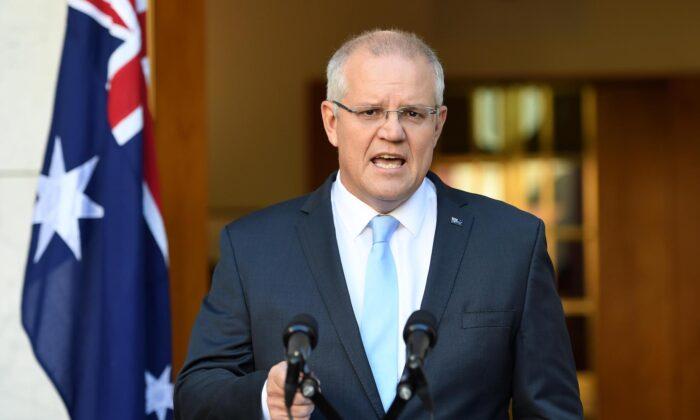The two unidentified individuals, a man and a woman, are both aged 60 and both recently returned from Wuhan, the epicenter of the outbreak.
Authorities said the couple contacted authorities after they suspected they were sick. They also took precautions to self-isolate, and are now in preparation to be admitted to a hospital.
News Corp. also reported that another person who had come into contact with the couple has been tested for coronavirus and results are pending. The person has also put themselves in isolation.
The exception will be for Australian citizens, permanent residents, and their immediate family members. However, all travelers among this group will be required to self-isolate for 14 days.
“If you come from mainland China any time from Feb. 1, then you will be required to self-isolate for a period of 14 days,” Morrison said. “For anyone other than Australian citizens, Australian residents, dependents, legal guardians, or spouses, then you will not be permitted entry into Australia.”
The warning to avoid travel to China comes from Australia’s Department of Foreign Affairs and Trade (DFAT), which has raised its travel advice to Australian to level 4, which is “do not travel,” for the whole of mainland China.
A growing number of countries are closing their borders or announcing travel restrictions with China. The deadly coronavirus has spread to 23 countries outside of China, with at least 132 confirmed cases.






Friends Read Free